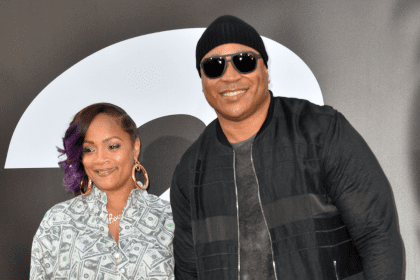Reggie Willis is the chief diversity officer at Ally Financial. He focuses primarily on creating a safe environment for employees in terms of mental health. With the rise of violence in communities, Willis identifies different techniques that allow all employees to be open and vulnerable in group conversations. He encourages his employees to be candid and fully present in the work environment.
Willis shared strategies that other companies can adopt regarding being conscious of mental health issues in the workplace.
What strategies does Ally implement to help navigate cases of trauma in the workplace?
The best way we’ve implemented a strategy is by being very thoughtful about our benefits. We’ve got what we call Mentally Fit, which is the ability for any of our employees and their family members to have 16 visits to mental health therapy. You don’t have to be enrolled in our benefits plan but it’s something that we offer. It’s really about how you allow people to have access first and foremost, which is critically important. Then we were also very thoughtful about making sure that the therapists were diverse within the program because it’s important to make sure that in many regards, we feel comfortable speaking to people who’ve had some sort of a shared experience or similarity, whether that’s race, gender, maybe their first generation, maybe it’s socioeconomic, but there needs to be some sort of a connection for that relationship to grow.
Then more holistically as an organization, we created, what we call, “Let’s Talk About It,” and they are conversations around difference. They are facilitated conversations typically by one of my teammates or myself. It was really about creating that safe container for dialogue around topics of difference. We started this before the pandemic, [we] leaned into it, early on, when people were dealing with depression, anxiety and isolation. Then, after the aftermath of George Floyd’s murder, we really dug into creating those safe spaces. Then when there were Asian hate issues, LGBTQ issues, and Roe v. Wade. We just continued to create this space for an open, honest, and vulnerable dialogue. What that has done for us is created muscle memory, allowing us to [let] employees know it’s OK to tell your story.
How can we encourage other companies to adopt similar values focused on mental health?
I think it’s the acknowledgment that everyone’s in a different place in this journey. When you think about whether that’s an individual or corporation, it’s really about understanding your organization, where are they now, and what’s feasible. Meet them where they are, take a real assessment about the currency, and DEI work is trust. If you don’t have trust within your organization, you need to start there. Understand what is it that is maybe not allowing your employees to feel like they have that psychological safety to even engage in the dialogue. Once you understand kind of where you are in that continuum, start slow. This is a journey. This is not something that started overnight, and it will not be solved overnight.

















